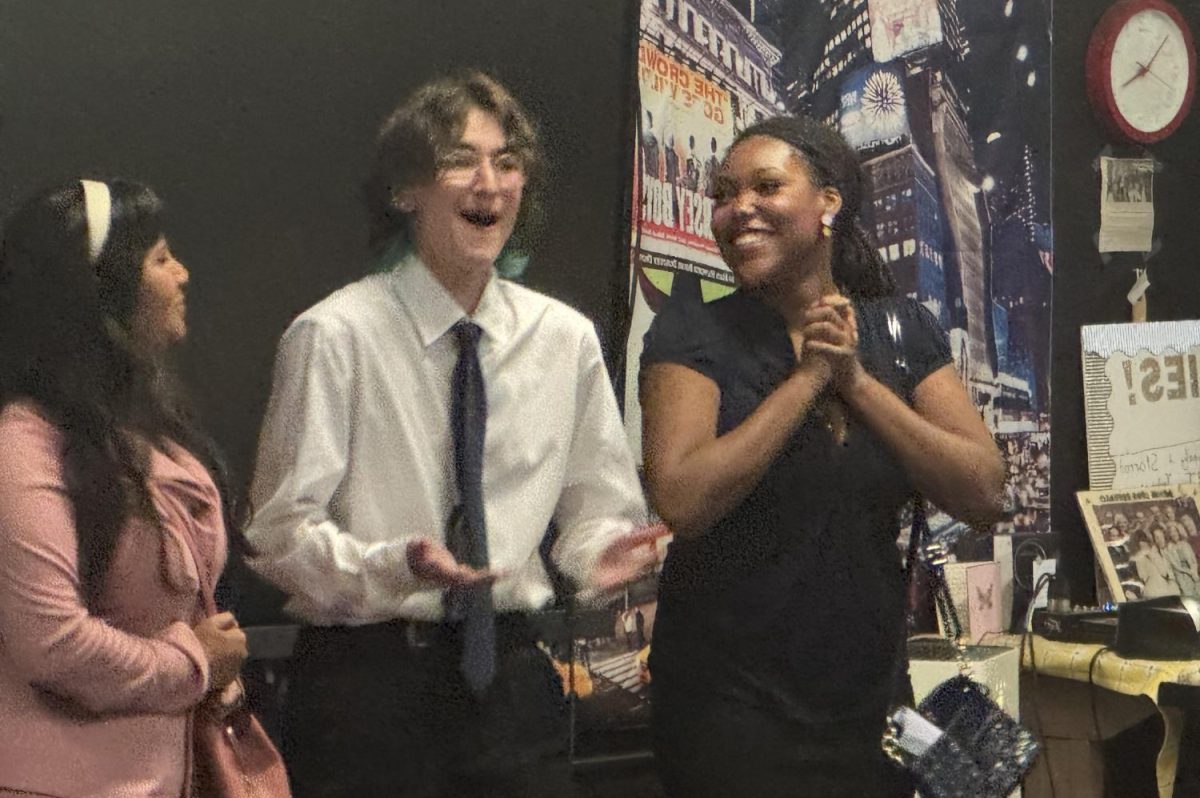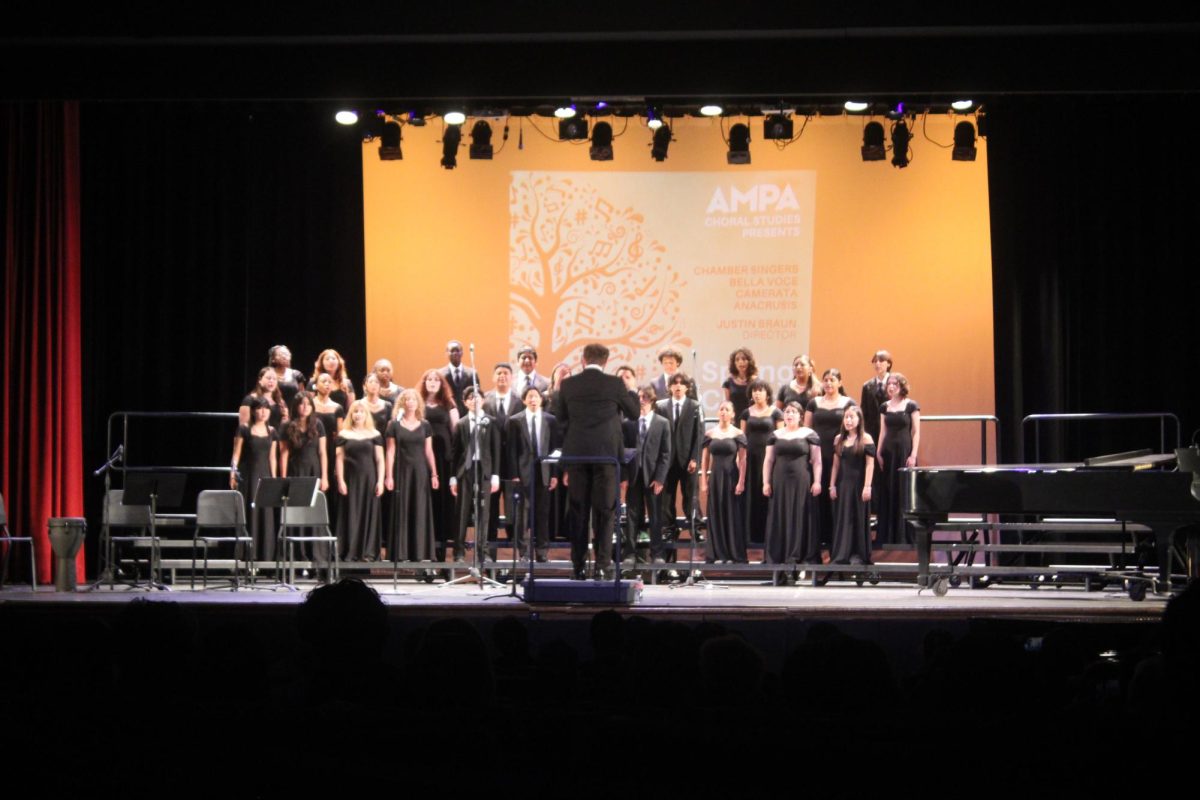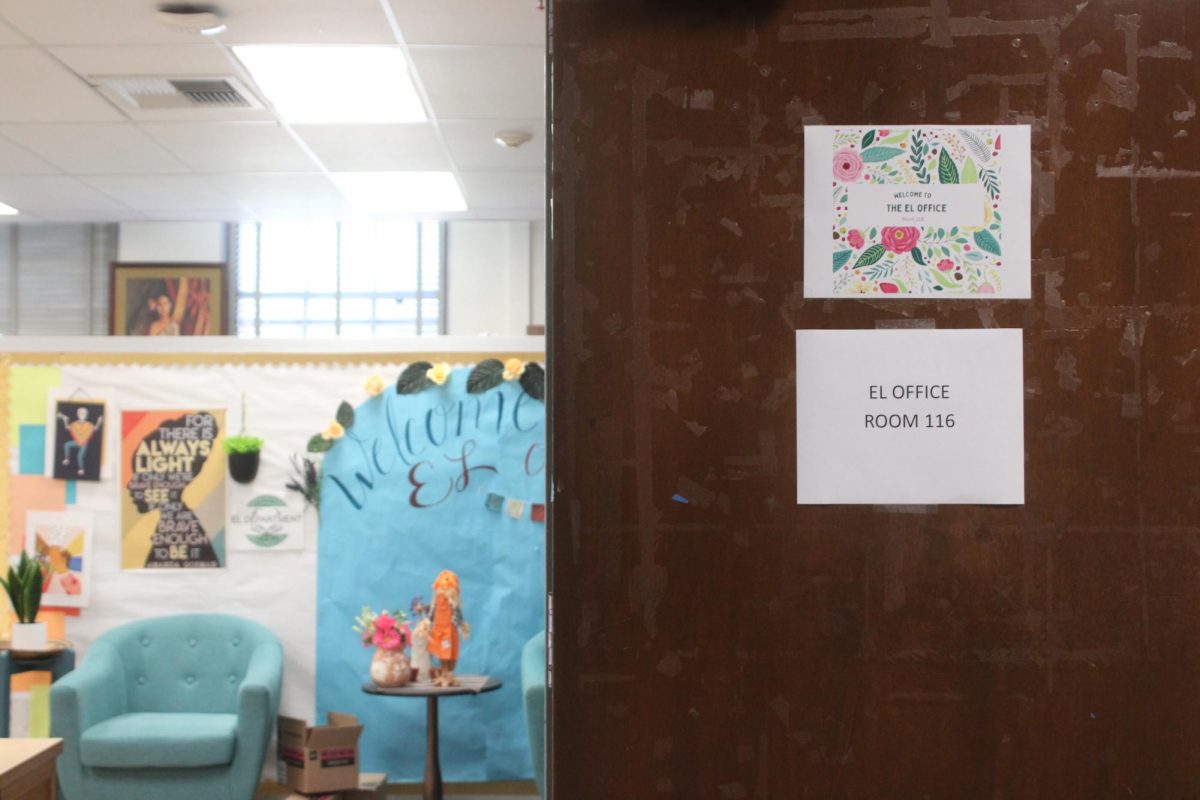The Well-Being Center is an area here at school where students go to de-stress in a safe welcoming environment. It is open on Tuesday, Wednesday, and Friday with youth educators ready to hear students out and reestablish the feeling of being ¨at peace.”
The Well-Being Center welcomes students into a space where it is okay to cry and express how you are truly feeling; whether it’s being stressed out in class or even being so excited about something that you just have to tell someone! The youth educators have open arms for any given situation and they have experienced many different emotions with students. They respect the privacy of all by keeping confidentiality.
The youth educators’ use different therapeutic techniques to help students in need. One method is called Motivational Interviewing— a technique where they gain positive information from the student they’re working with and ask them what their long-term goals and values are. Getting students to think about that allows them to see if their actions or behaviors might be intervening in their future goals and aspirations. Youth educator Rakhi Varma asks questions like: “Is continuing this going to impact your performance as an athlete? What are your thoughts on that, what’s your experience on how it’s affecting your body? Is that something you want to continue given that it might be harming you?”
This method has helped many students. Junior student Fenix says it has helped them deal with their own anxiety and given them the motivation to move toward a successful future in their fast-approaching adulthood.
Teenagers all over the world are being diagnosed with depression. The Well-Being Center aims to make sure that no matter what state a student is in, they will always be accepted and not looked down upon. If a student is struggling to find help and support they’re able to be pointed into the direction of clarity with the help of youth advisor Neeraj Wadhwa.
“We do refer students to other resources for counseling. We also have a therapist on staff sometimes that we are able to connect them to. We also talk to substance use alcohol addiction counselors on staff that we can connect them to,” Neeraj said.
No matter what a student may struggle with, there are always doors open for therapists and counseling to find your light. Neeraj also provides a number to their substance abuse prevention hotline also known as the SASH hotline.
Every single student who decides to visit the Well-Being Center is accepted and should feel fine with being themselves with no judgment. Having a comfortable environment as a young adult is very important. Growing up students might start to feel alone while trying to become who they are. Having a space where you are welcomed and provides support on any of your future goals and aspirations in life is a great start to one’s future. Feeling alone is a complicated process but it isn’t a feeling that will last forever. Rakhi said she tries to makes sure you never feel any loneliness while being in her care.
“We are clear about presenting what our policies around privacy and we offer things that might be comforting like plushies, water, and snacks that could help somebody ground themselves so they can feel safe and supported and let them know we won’t push any boundaries and we are here for anyone that wants to talk to us if they do not want to talk and just want to use the space to de-stress they are more than welcome to do that,” Rahki states.
The Well-Being Center has affected many students in various ways.
“The Well-Being Center makes me feel at home where I can truly express how I’m feeling without being judged,” says Angy Bandy, a junior in CAA.
Having this comfort of a home at school makes students feel loved and heard.
“The Well-Being Center never made me feel unheard every youth educator makes me feel safe and I never feel judged in the energy, in general, is just so welcoming and feels like a breath of fresh air,” Honey Santiago, another junior in CAA.
Youth educators help students in many ways. Whether it’s by helping them acquire new skills, knowledge, or the attitudes needed to cope with challenges and opportunities young adults might face while finding themselves. Because of this, youth educators Rahki Varma and Neeraj Wadhwa are great role models for our students and are great people to go to when you need some support.







